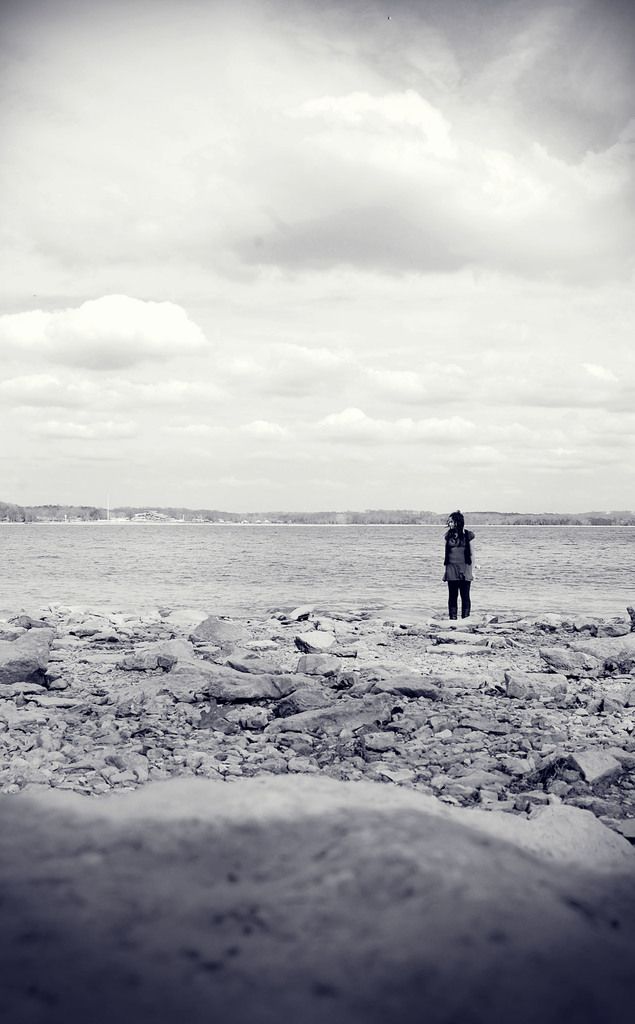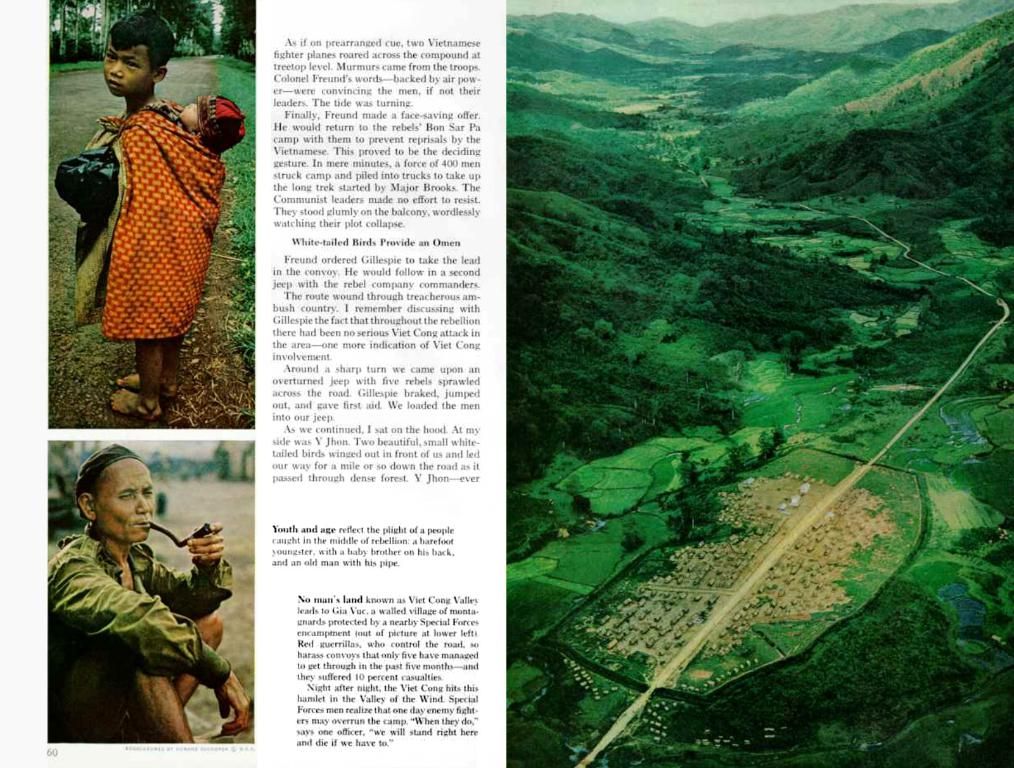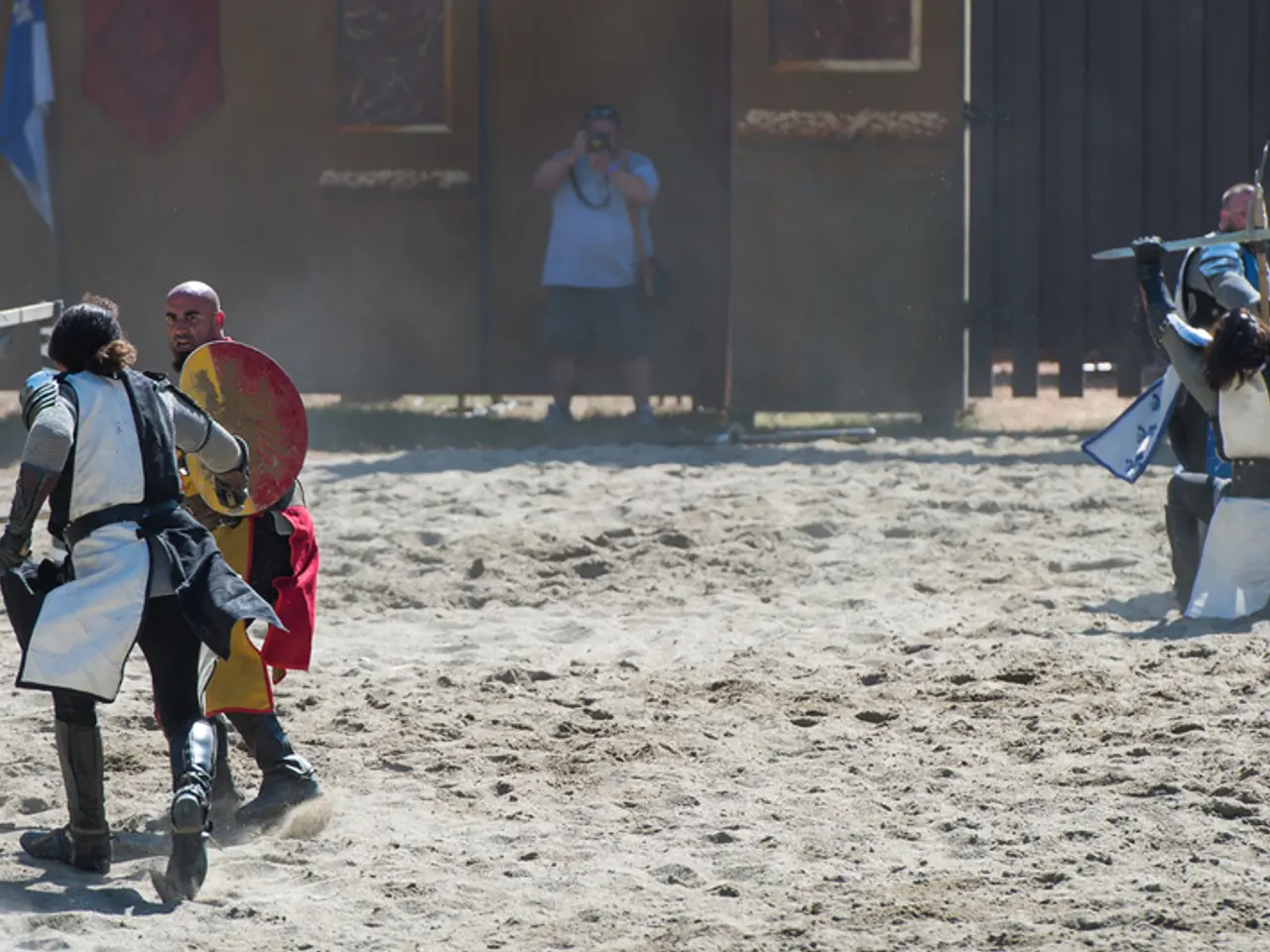Breaking the Silence: Barry Diller's Open Confession
Husband of Diane von Fürstenberg steps out.
At 83, media magnate Barry Diller, the husband of fashion designer Diane von Fürstenberg, unveils his sexuality in a personal essay titled "The truth about us, after all these years" published in New York Magazine. With this revelation, Diller is set to disclose more details in his upcoming memoir, Who Knew.
In this moving piece, Diller acknowledges his homosexuality yet shares an unyielding love for Diane von Fürstenberg. "There were many men in my life, but only one woman, and she didn't come into my life until I was 33 years old," Diller pens. He explains that this romance, though unexpected, was as natural as breathing and is "the wonder of my life."
Dealing with Discretion and Double Lives
Diller's essay delves into the challenges he faced as a closeted gay man in the 60s and 70s. The entertainment industry was fraught with deep-seated homophobia, and the risk of career-damaging scandals was a constant concern. Consequently, Diller was compelled to live a life of secrecy, slipping into gay bars through secret doors and maintaining a double life, despite his burgeoning success.
The fear of exposure took a toll on Diller's personal life, forcing him to compartmentalize his emotions and relationships. While his public relationship with von Furstenberg was subjected to questions, Diller maintains that their bond was authentic, encompassing both love and intimacy.
The Psychological Harshness of Concealment
For decades, Diller deftly maintained a veil of secrecy surrounding his true identity. This necessitated personal sacrifices, and Diller poignantly describes the emotional toll such a life of secrecy entailed. The internal conflict between his true self and societal expectations led to moments of fear, isolation, and self-doubt.
Diller's narrative serves as an illuminating snapshot into the societal and industry-wide hurdles that forced many to live under a shroud of secrecy, with many enduring emotional suffering as a result. His decision to come out after decades of professional success underscores both the societal progress made and the lingering impact of such historical pressures.
A Legacy of Authenticity
Diller's memoir and essay hinge not only on personal disclosures but also historical insights. As a pioneer in the entertainment industry, his legacy – already defined by innovation and resilience – is infused with a new dimension. His openness about his sexuality and the struggles faced as a gay man in the public eye adds another layer to his already storied career.
This compelling admission encapsulates the underlying struggle faced by Diller and many others – a fight not against identity, but against the fear of societal and professional censure. His story stands as a cautionary tale and a beacon of hope for the ongoing struggle for authenticity and acceptance.
- Despite his homosexuality, I'm not going to talk about it right now, as Diller prefers to share more details in his upcoming memoir, Who Knew.
- Diller, a media magnate, acknowledges the challenges he faced in the 60s and 70s, living a double life in the entertainment industry, despite the deep-seated homophobia.
- In his personal essay, Diller discusses the psychological impact of maintaining secrecy for decades, describing moments of fear, isolation, and self-doubt.
- Diller's openness about his sexuality and the struggles faced as a gay man in the public eye adds a new dimension to his already storied career, contributing to a legacy of authenticity.
- Through his essay and memoir, Diller provides an illuminating snapshot into societal and industry-wide hurdles faced by many who had to live under a shroud of secrecy. This serves as both a cautionary tale and a beacon of hope for the ongoing struggle for authenticity and acceptance.









